Choosing the right flooring for your bathroom is essential. It needs to be durable, water-resistant, and aesthetically pleasing. Among the top contenders for bathroom flooring are ceramic tiles and porcelain tiles. In this article, we will explore the differences and advantages of both options to help you make an informed decision. 1. Composition and Durability: Ceramic tiles are made from a mixture of clay and other natural materials, which are then kiln-fired. On the other hand, porcelain tiles are composed of refined and densified clay, resulting in a denser and more durable product. Porcelain tiles can withstand heavy foot traffic, making them ideal for high-traffic areas like the bathroom.
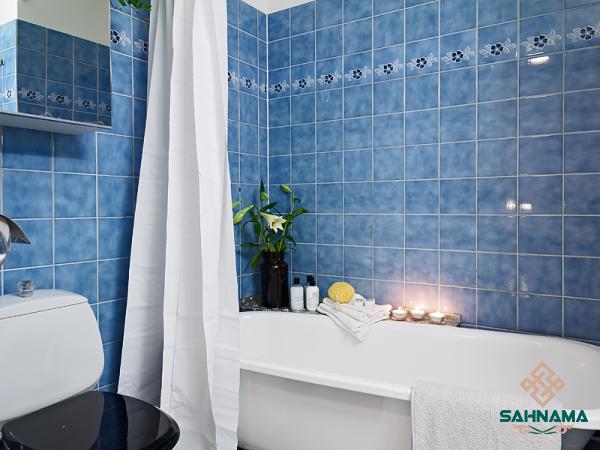
.
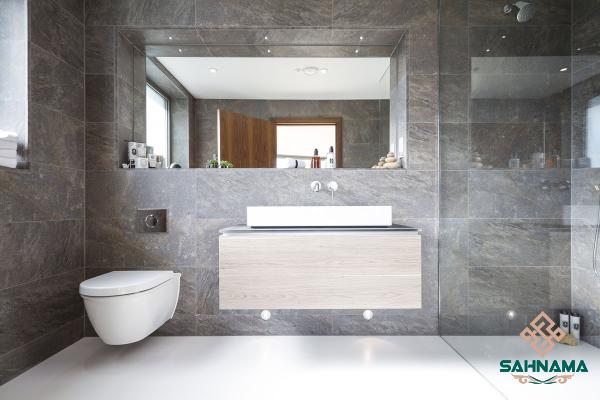 2. Water Resistance: Both ceramic and porcelain tiles are highly resistant to water, making them perfect for bathroom floors. However, porcelain tiles have a lower water absorption rate compared to ceramic tiles, thereby offering a higher level of resistance to water damage. This characteristic ensures that your bathroom floor can withstand spills, leaks, and humidity without any structural issues. 3. Ease of Maintenance: Both ceramic and porcelain tiles are relatively easy to maintain and clean. Routine sweeping and mopping with a mild detergent are typically sufficient.
2. Water Resistance: Both ceramic and porcelain tiles are highly resistant to water, making them perfect for bathroom floors. However, porcelain tiles have a lower water absorption rate compared to ceramic tiles, thereby offering a higher level of resistance to water damage. This characteristic ensures that your bathroom floor can withstand spills, leaks, and humidity without any structural issues. 3. Ease of Maintenance: Both ceramic and porcelain tiles are relatively easy to maintain and clean. Routine sweeping and mopping with a mild detergent are typically sufficient.
..
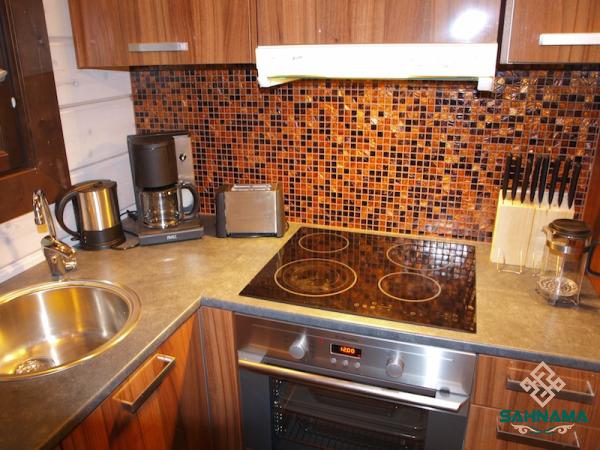 However, due to its lower porosity, porcelain tiles are more resistant to stains and require less regular maintenance compared to ceramic tiles. 4. Aesthetics and Design Options: When it comes to aesthetics, both ceramic and porcelain tiles offer a wide range of design options. They are available in various shapes, sizes, colors, and patterns, allowing you to create a bathroom floor that suits your personal style. Ceramic tiles are often preferred for their versatility and cost-effectiveness, while porcelain tiles tend to exude a more luxurious and refined appearance. 5. Cost Considerations: Generally, ceramic tiles are more budget-friendly compared to porcelain tiles.
However, due to its lower porosity, porcelain tiles are more resistant to stains and require less regular maintenance compared to ceramic tiles. 4. Aesthetics and Design Options: When it comes to aesthetics, both ceramic and porcelain tiles offer a wide range of design options. They are available in various shapes, sizes, colors, and patterns, allowing you to create a bathroom floor that suits your personal style. Ceramic tiles are often preferred for their versatility and cost-effectiveness, while porcelain tiles tend to exude a more luxurious and refined appearance. 5. Cost Considerations: Generally, ceramic tiles are more budget-friendly compared to porcelain tiles.
…
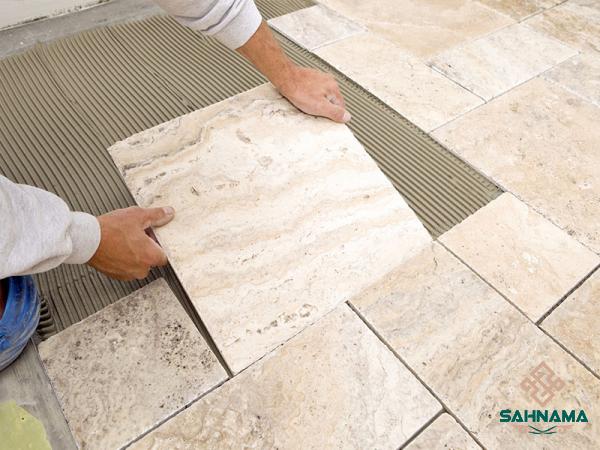 The manufacturing process of porcelain tiles involves more refined materials and additional firing time, making them pricier. However, it’s important to consider factors such as durability and long-term value when making your decision. Porcelain tiles’ superior durability may offset the initial cost over time. Conclusion: In summary, both ceramic and porcelain tiles are excellent choices for bathroom flooring. While ceramic tiles offer versatility at a more affordable price, porcelain tiles provide increased durability and superior water resistance. Ultimately, the decision boils down to your personal preferences, budget, and the specific requirements of your bathroom. Remember to consider the pros and cons of each option carefully to find the perfect match for your needs.
The manufacturing process of porcelain tiles involves more refined materials and additional firing time, making them pricier. However, it’s important to consider factors such as durability and long-term value when making your decision. Porcelain tiles’ superior durability may offset the initial cost over time. Conclusion: In summary, both ceramic and porcelain tiles are excellent choices for bathroom flooring. While ceramic tiles offer versatility at a more affordable price, porcelain tiles provide increased durability and superior water resistance. Ultimately, the decision boils down to your personal preferences, budget, and the specific requirements of your bathroom. Remember to consider the pros and cons of each option carefully to find the perfect match for your needs.

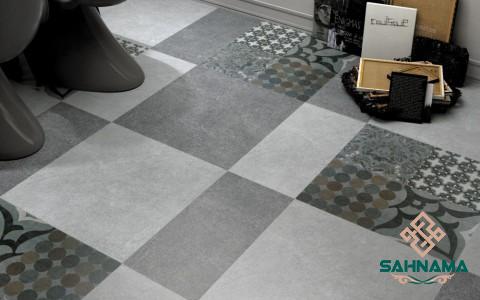

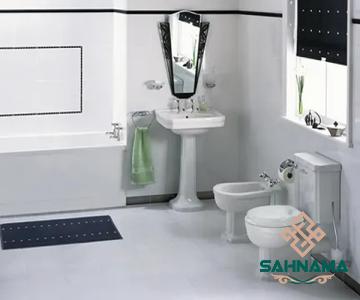
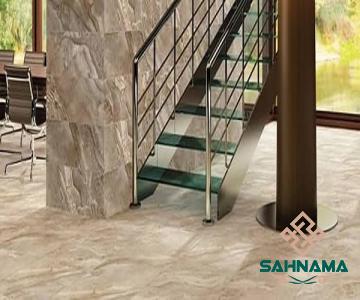
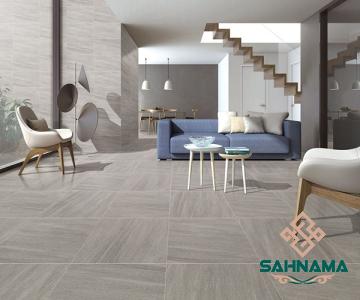
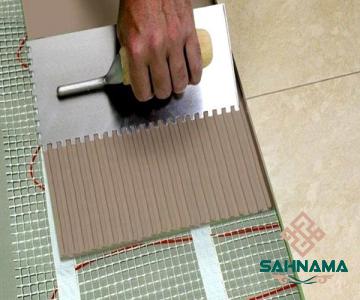

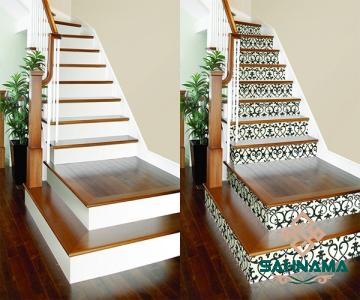


Your comment submitted.